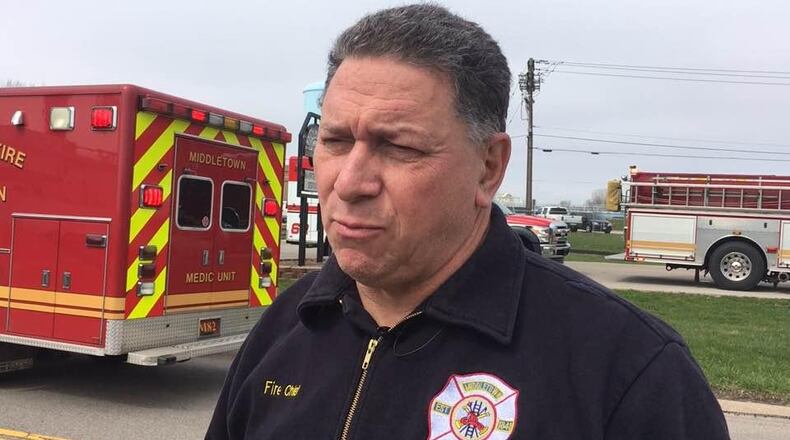It was difficult celebrating an organ donation, a life-saving decision, when another family was planning a funeral, said Lolli’s sister.
“You almost feel guilty,” Ginger Bruggeman said.
That’s a common feeling among those who receive life-saving organ transplants and their families, said Andi Johnson, community relations director for LifeCenter Organ Donor Network. But she said families can find comfort when they realize the donated “gift” will improve the quality of life for their loved one.
Dr. Cutler Quillin, assistant professor of surgery at the UC College of Medicine and UC Health transplant surgeon, said he typically has limited interaction with a donor’s family, but he sees the importance of organ donations.
“So much good comes from transplants,” he said. “It’s an incredible gift to the families and the recipient. They go from death’s door to having a whole new outlook and lease on life.”
Bruggeman said her 59-year-old brother received a liver from a 23-year-old. Her family will write a letter to the donor’s family expressing their gratitude, she said.
Lolli, who was diagnosed with liver cancer, received his transplant Saturday morning at UC Medical Center. On Monday, the day Lolli was moved out of the Intensive Care Unit, Bruggeman said he was doing “wonderful.”
He probably will spend at least one week in the hospital, where his possible rejection of the liver and his pain level and diet will be monitored, Quillin said. After he is released from the hospital, Lolli will have check-ups once a month and eventually once a year.
Those who receive a liver transplant typically display more energy and a sharper mind, Quillin said.
“It’s like a flick of a switch,” he said.
Quillin said he didn’t perform Lolli’s transplant, but he has cared for him in the days since. Quillin said his father, Ralph, is a retired Lexington, Ky. fireman, and he and Lolli have shared firefighter stories.
Bruggeman said Lolli, Middletown’s fire chief since 2014, was called Friday and told to “have his bags packed” because a match may have been found. Four hours later, the hospital called back and said the liver was a match.
Organ donor advocates say more donors are needed because of the growing demand. In a recent study, 95 percent of Ohioans said they have a positive view of donation, and 80 percent said they would wish to donate to a patient in need. But 59 percent of Ohioans have joined the Ohio Donor Registry while 3,237 Ohioans await a life-saving transplant, according to the LifeCenter Organ Donor Network.
They say there are several factors that shouldn’t keep someone from signing up for the Ohio Donor Registry, including age and medical history.
Teens may register after receiving a Temporary Instruction Permit; however, consent of a parent or guardian is required should a child under the age of 18 become eligible to donate.
And the oldest donor in the U.S. was 92 at the time of his death.
Even with an existing medical condition, people can be a donor. Recent advances in transplantation allow more people to become donors, including those with diabetes, cancer, HIV/AIDS and poor eyesight, according to the LifeCenter Organ Donor Network.
By the numbers
8: Lives potentially saved by one donor
22: People who die every day waiting on an organ transplant
75: People potentially impacted by one tissue donor
637: People in the Greater Cincinnati area waiting for a life-saving transplant
3,237: Ohioans waiting on an organ transplant
39,717: People who received a organ transplant last year in the U.S.
112,372: People waiting for a vital organ transplant on the national waiting list
SOURCE: LifeCenter Organ Donor Network
About the Author

